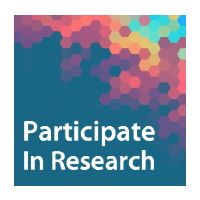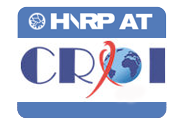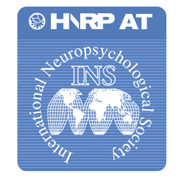TNDRC
- Details
- Written by sysadmn
The TNDRC is designed to provide leadership and resources to guide research addressing three scientific themes: 1) determine the effects of drug use and HIV interactions on brain structure and function, 2) identify the mechanisms whereby drugs may alter brain function in the context HIV, and 3) understand how drugs are associated with neurobehavioral changes affecting HIV outcomes.
Based on the interests and expertise of the current members, the Center focused on two of the most commonly used drugs, methamphetamine (METH) and cannabis, and their interactions in the context of HIV infection. TNDRC aims to facilitate current, and future, independent studies in order to enhance their ability to address such polysubstance use.
The TNDRC also will facilitate new and ongoing studies via access to data and biospecimens collected over the past decade, which will be refreshed with new data and specimens collected by affiliated independent studies. This ongoing sample collection and sharing will reflect the evolving nature of both HIV and drug use in persons with HIV (PWH).
Approach: TNDRC addresses the gap in understanding how drugs combine with HIV to alter brain function by creating a regional and national interest group to provide leadership, guidance, and support to multidisciplinary, translational, and multi-institutional studies that create new knowledge and shareable resources to foster new science, including methods, data, specimens, and training opportunities. TNDRC is able to jumpstart this effort via an extensive data and biorepository, as well as a registry of participants with contemporary evaluations who are available to affiliated projects. TNDRC also aims to host regional and national neuroHIV network meetings.
Faculty and staff participants in the center represent expertise in many areas, including:
- Behavioral Assessment and Medical (medical, neuropsychiatric, substance use, laboratory assessments, biospecimen bank)
- Neuroimaging (resources for MRI and PET neuroimaging)
- Neuroscience and Animal Models (access to transgenic and humanized rodents, and tissue culture and neuropathology resources) Scientific Support Services with resources in data management and information science, statistics, and recruitment and tracking of participants
- Written by sysadmn
The Translational NeuroHIV and Drug Research Consortium (TNDRC) aims to facilitate research on the neuroscience intersection of drug use and HIV. The overarching goal of the group is to bring together investigators with research focused on the effects of combination drug use on HIV for cross-talk and possible collaboration. By providing resources to enhance existing studies and foster new research the consortium aims to further multidisciplinary and translational collaborations and create a training atmosphere for future scientists.
- Details
- Written by sysadmn
Training and mentoring are integral to our mission, and is addressed as follows:
- embedded in the consortium’s structure is a mix of senior, mid-career, and junior investigators, as well as trainees at various stages of career development. Experienced investigators provide guidance for more junior ones through one-on-one mentoring and consultation, as well as regularly scheduled interaction at the Council of Investigators and Research Review Conference, at which an atmosphere of team science is modeled and fostered.
- Overlap in mission and investigator team with NIDA-funded T32 training grant entitled Training in Research on Addictions in Interdisciplinary NeuroAIDS (TRAIN; DA031098). This institutional training grant seeks to develop the next generation of academic leaders in the neuropsychology of neuroAIDS and addictions. endeavors to recruit a diverse and promising cohort of pre-doctoral (3 fellows) and post-doctoral (2 fellows) trainees to engage in individualized, rigorous clinical research training in substance abuse and HIV under the mentorship of the accomplished, interdisciplinary faculty, many of whom are TNDRC members.
TNDRC resources are available to trainees at various levels, including undergraduate, medical, and graduate students, post-doctoral trainees (interns, residents, fellows), and junior faculty. They can leverage these to learn techniques and become acquainted with neuroHIV and drug-related scientific questions so they can then develop pilot studies and identify extramural funding sources, e.g., via UCSD Academic Senate grants, UC AIDS Research Program awards, and NIH training mechanisms. Trainees will also have access to the research and training activities of the Center for Medicinal Cannabis Research (CMCR).








